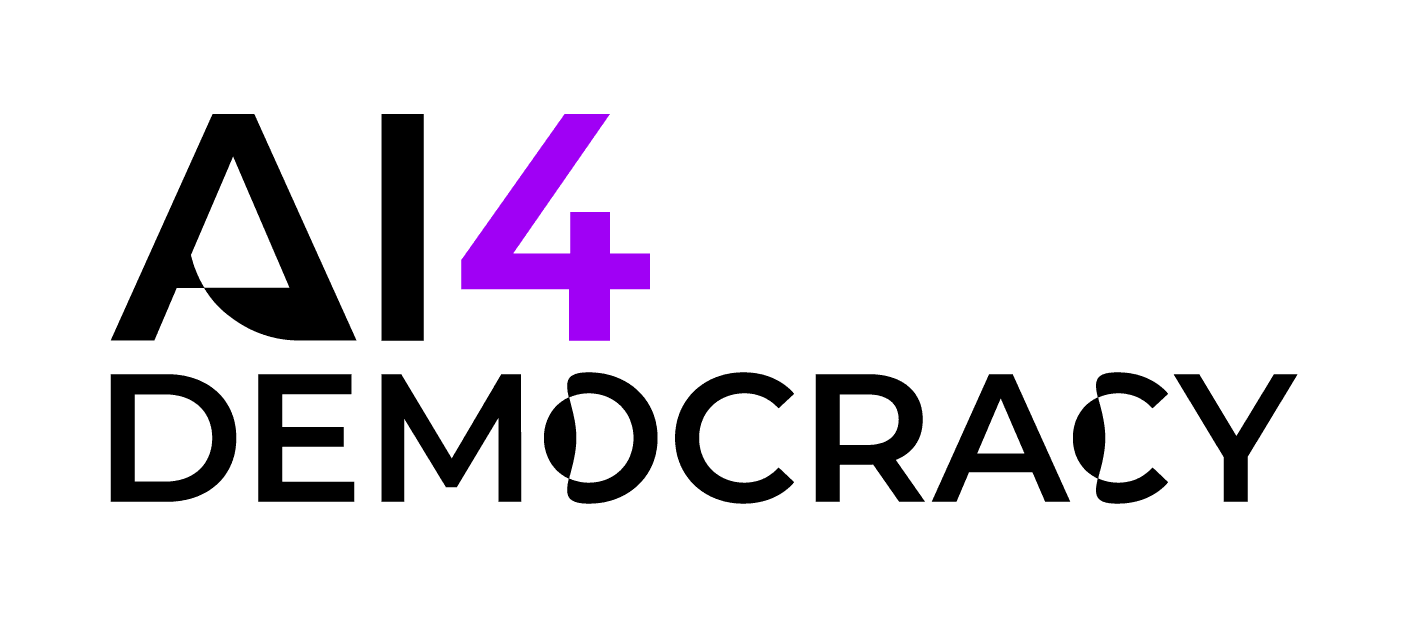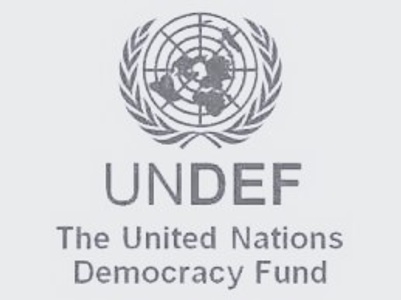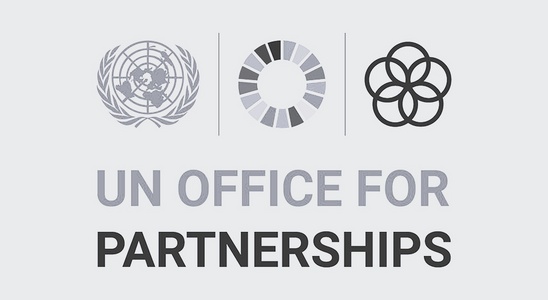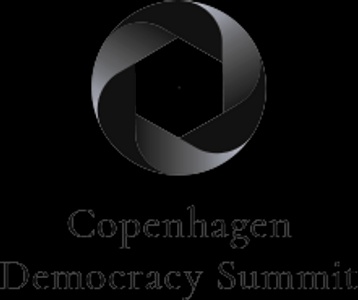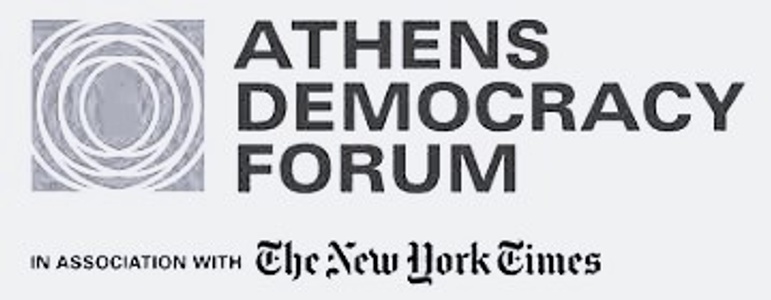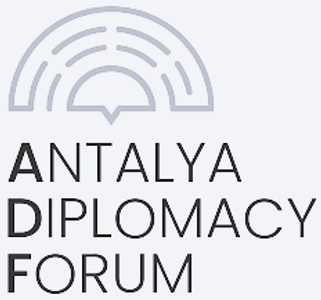INTRODUCTION
The power of complex AI systems holds great promise to protect democracies against attacks and to make democratic processes more effective and participatory. AI4Democracy is a global research initiative to realize this promise. It is led by the Center for the Governance of Change at IE University, with Microsoft as strategic partner. AI4Democracy seeks to harness AI to defend and strengthen democracy through coalition-building, advocacy and intellectual leadership.
AI4Democracy is composed of two tracks:
1. AI4Democracy Action Coalition: We will aim at securing alliances with aligned international organizations and democratic governments to advocate for tangible policy action. We will organize high-level events and participate in the key 2024 gatherings that will shape the AI policy agenda to drive forward our recommendations.
2. Democracy-affirming AI intellectual leadership: We will produce four policy papers by global AI experts to provide the academic and intellectual foundation for the positions of the Coalition. This research will drive the global conversation on AI and democracy and advance specific, action-oriented policy recommendations for democratic governments and others.
AI4Democracy is the continuation of Tech4Democracy – a global initiative by IE University, in partnership with the U.S. Department of State and with the strategic support of Microsoft, to study and promote democracy-affirming technologies worldwide.
- Publications

Several factors contribute to this democratic backsliding, but many experts blame technology, citing engagement optimization fueling conflict or the rapid spread of dis- and misinformation. However, if deployed carefully, technology can be part of the solution, as illustrated by leading examples such as Taiwan or Estonia. In particular, complex AI systems hold the promise of strengthening democratic processes by enabling effective participation, deliberation and collaboration. For instance, AI can help create more robust democracies through understanding wide-scale sentiment and social conversations, enabling town hall-style democratic exchange at scale. AI can also help citizens by summarizing complex debates and provide information that can make engagement with government more effective for them.
As trust in institutions and among individuals continues to decline, the future of democracy hinges on effectively utilizing the powerful possibilities provided by AI. Democratic countries and societies today have the responsibility to foster safe, fair and inclusive AI systems that help defend democracies against malicious acts and enhance democratic governance. This was precisely AI4Democracy's purpose, as we mobilized world-class AI experts to conduct pioneering research on the following four topics:
- How AI can be used to inform policymaking (June 2024), Deger Turan and Colleen McKenzie (AI Objectives Institute):
- Depolarizing and moderating social media with AI (July 2024), Pedro Ramaciotti (Sciences Po and CNRS):
- Enhancing legislative engagement with AI (September 2024), Nathan Sanders and Matthew Victor (MAPLE) and Alicia Combaz and David Mas (Make.org)
- Securing democratic infrastructures (October 2024), Andrew Dwyer (Royal Holloway, University of London) and Roxana Radu (University of Oxford):
Below are the high-level events we organized and the key 2024 gatherings where we participated to shape the AI policy agenda and drive forward our recommendations:
News and events
News and events
Research Team
Research Team
advisory Board
advisory Board
In partnership with
In partnership with
In collaboration with
In collaboration with

